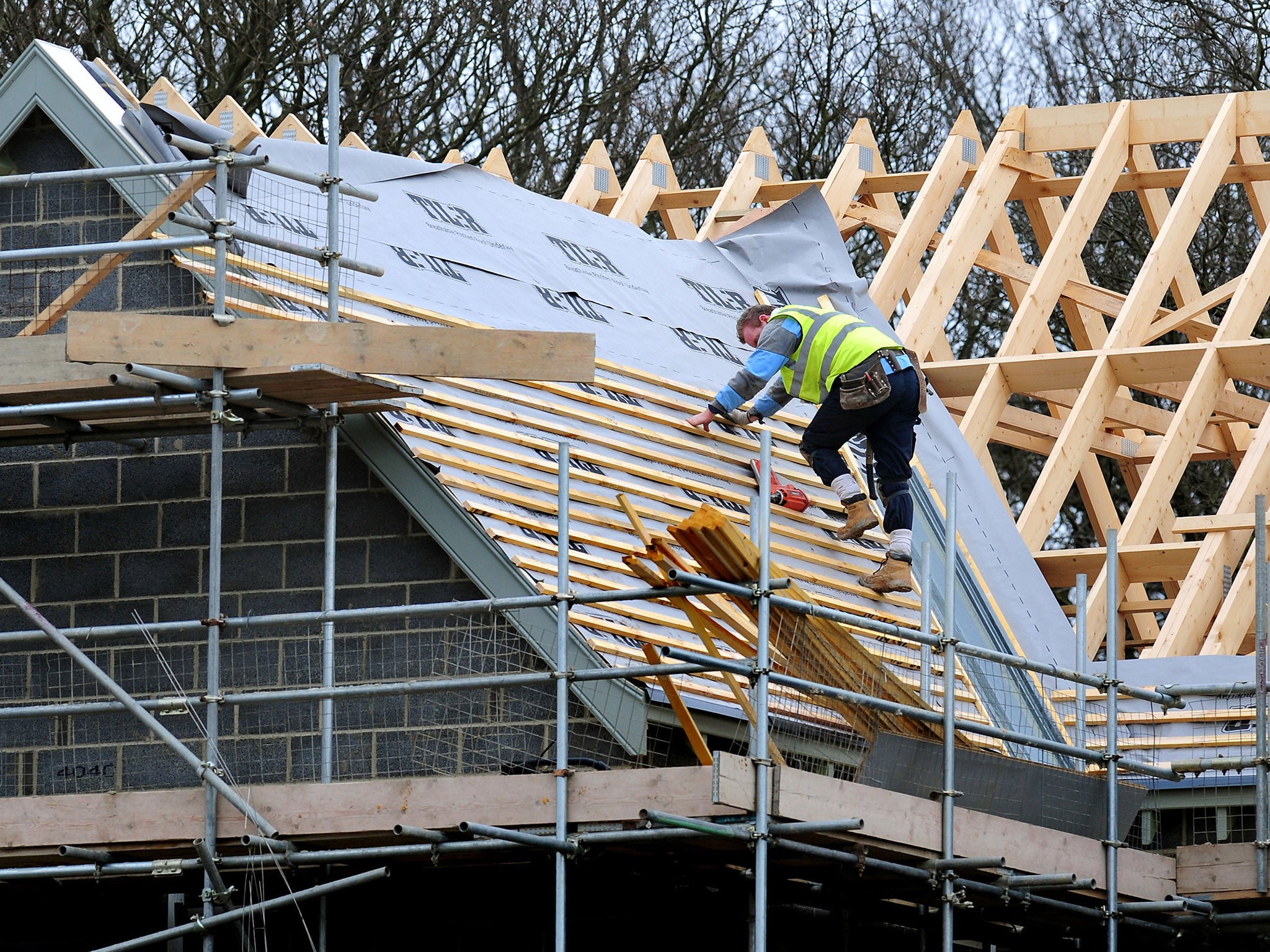More than 13,500 affordable homes ‘lost’ due to law allowing developers to dodge planning permission
Councils call for rule to be scrapped because it is leading to ‘alarming’ omissions

More than 13,500 affordable homes could have been lost across England over the past four years because of rules allowing developers to dodge planning permission, council leaders have warned.
Without local authority oversight, house-builders have been putting up larger homes, which are more profitable, it’s claimed.
Legislation known as the permitted development right, which allows offices to be converted into housing without planning permission, is leading to an “alarming” loss of “desperately needed” affordable housing, according to the Local Government Association (LGA).
Councils insist that between 25 per cent and 40 per cent of new dwellings in any development should be affordable.
But an analysis of figures by the organisation shows that since 2015, 54,162 new homes were converted from offices under permitted development in England, amounting to almost half of all new housing in some parts of the country. The LGA estimates this has potentially led to the loss of 13,540 affordable homes.
Council leaders called for the rule to be scrapped, saying it was also preventing them from being able to ensure developers met high standards and ensure supporting infrastructure such as roads, schools and health services were in place.
While the total conversions amount to 6 per cent of all new homes nationally, in some areas a significantly high proportion of new housing is office-to-residential conversions.
Last year (2018-19), more than half (51 per cent) of all new homes in Harlow were office conversions, with 48 per cent in Norwich and 43 per cent in Three Rivers, Hertfordshire.
Over a third of new housing in Spelthorne in Surrey (39 per cent) and Slough (35 per cent) were also converted from offices.
Cllr David Renard, the association’s housing spokesman, expressed “serious concern” over the high numbers of homes being converted from offices without planning permission, adding: “Permitted development rules are resulting in the alarming potential loss of thousands of desperately needed affordable homes.
”Planning is not a barrier to house-building, with councils approving nine in 10 planning applications. It is vital that councils and local communities have a voice in the planning process and are able to oversee all local developments.
“By scrapping permitted development rules, the government can give councils and local communities the ability to shape the area they live in and ensure homes are built to high standards, with the necessary infrastructure in place.”
The LGA estimate was based on there being a 25 per cent affordable housing requirement.
The warning comes amid a backdrop of rising homelessness, with a household now found to be without a home every four minutes and 25,130 families with children found to be homeless within three months last year.
The Stats: Homelessness in the UK
Show all 10The number of children living in temporary accommodation, meanwhile, hit a 13-year high, with councils now forced to spend around £93.3m on B&Bs, hostels and council-owned properties for homeless households – up from £10.6m in 2009-10.
A spokesperson for the Ministry of Housing, Communities and Local Government said: “Since 2010 we have delivered over 464,000 new affordable homes, and we have abolished the council borrowing cap so they can build even more social housing.
“We are committed to delivering a million new homes by the end of this parliament, and permitted development rights are playing an important part in making our ambitious commitment a reality.”
Subscribe to Independent Premium to bookmark this article
Want to bookmark your favourite articles and stories to read or reference later? Start your Independent Premium subscription today.

Join our commenting forum
Join thought-provoking conversations, follow other Independent readers and see their replies